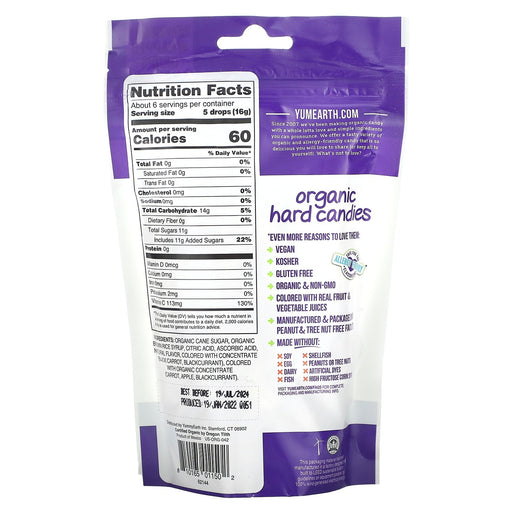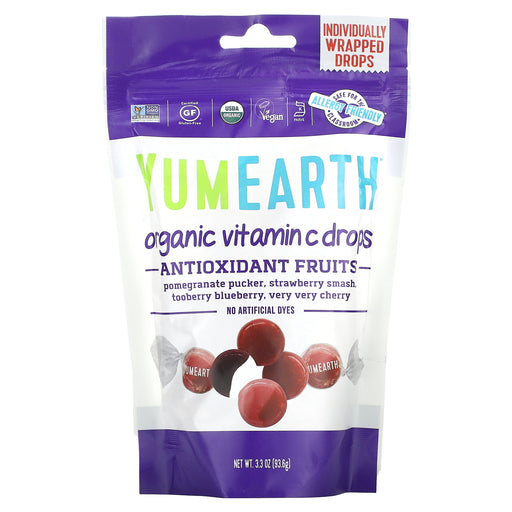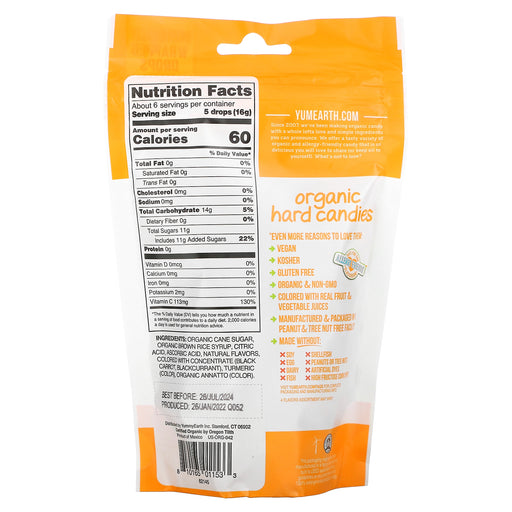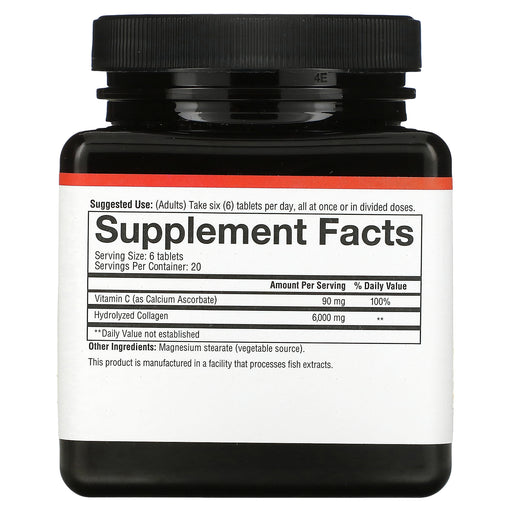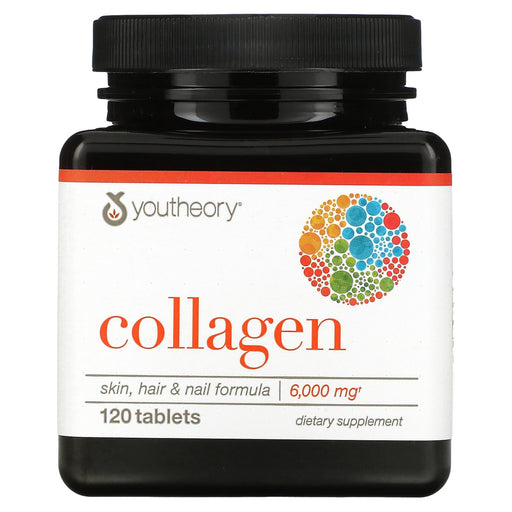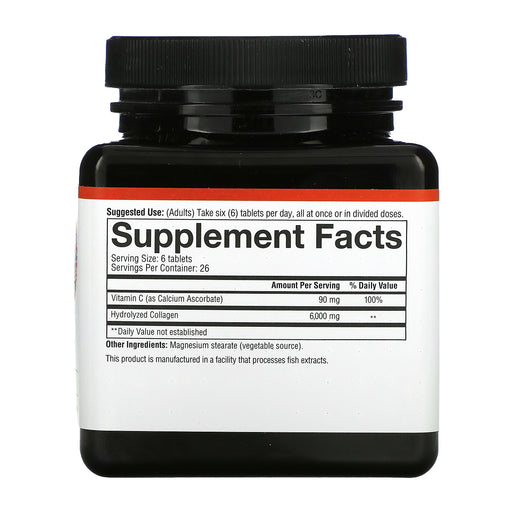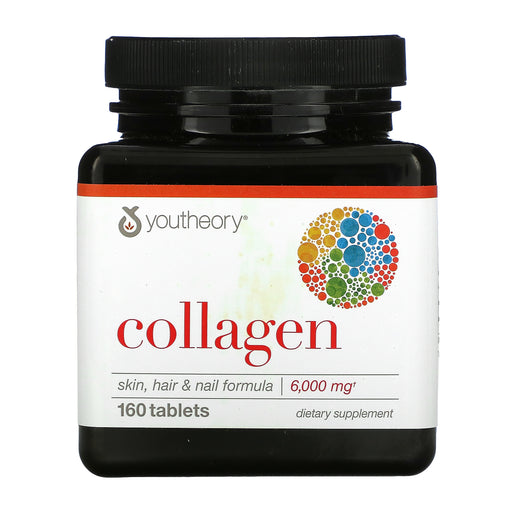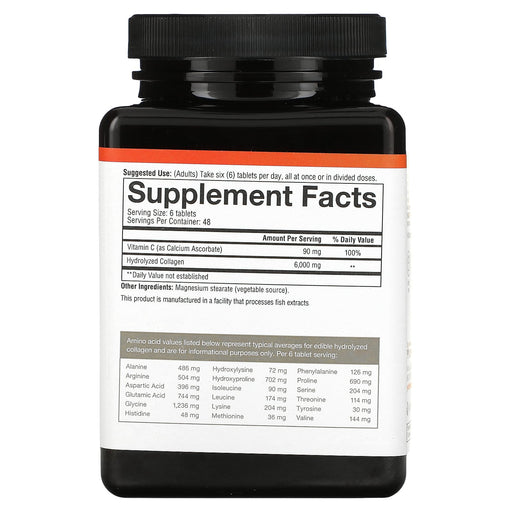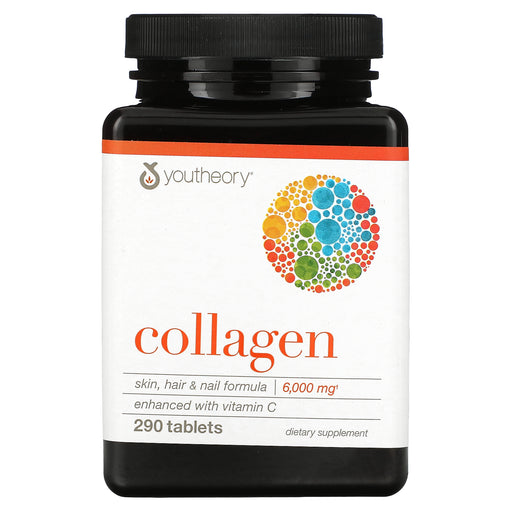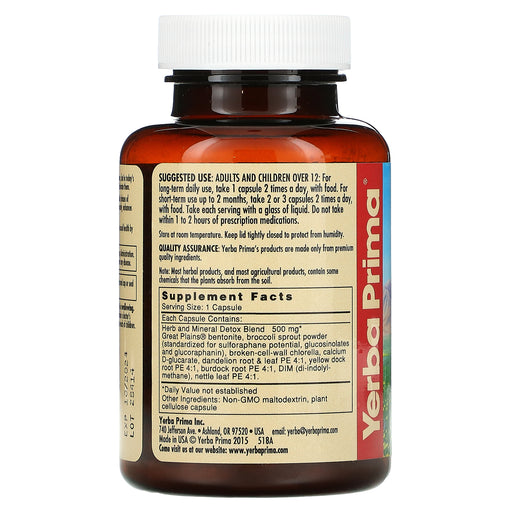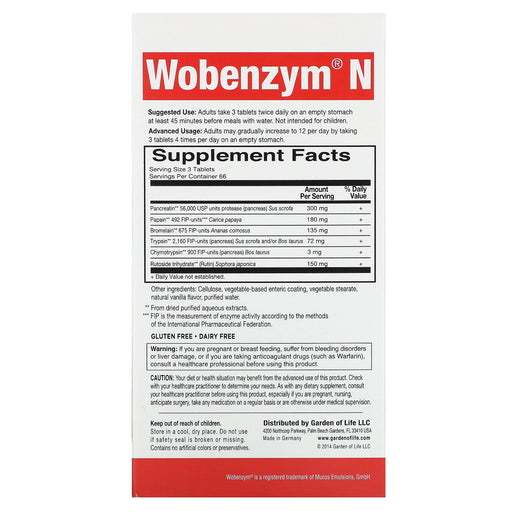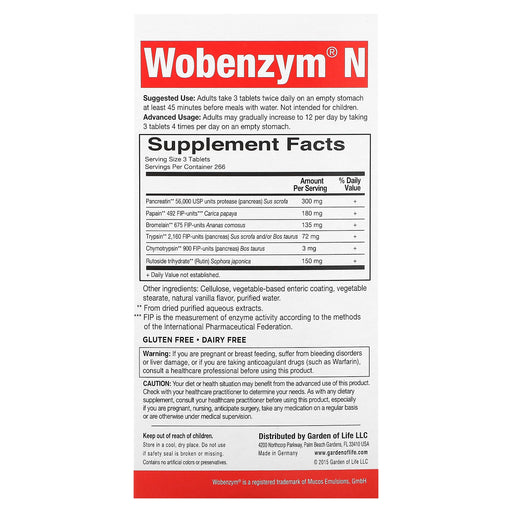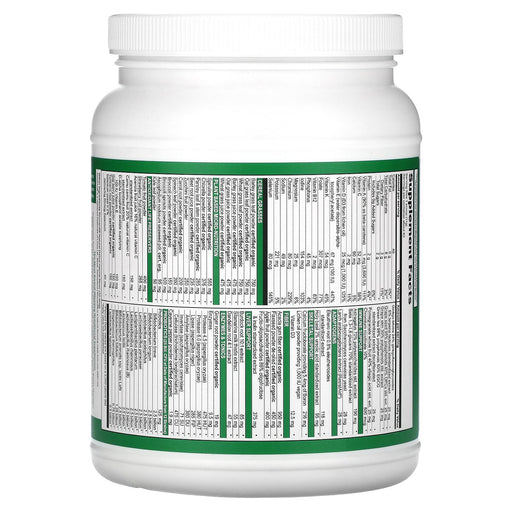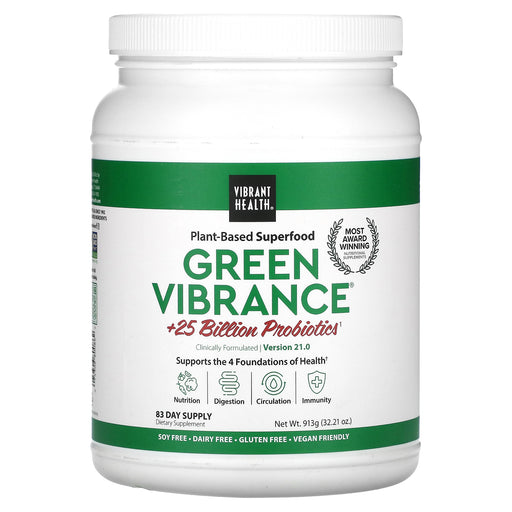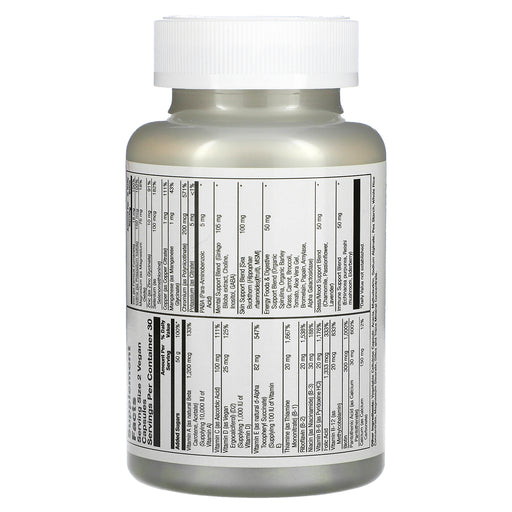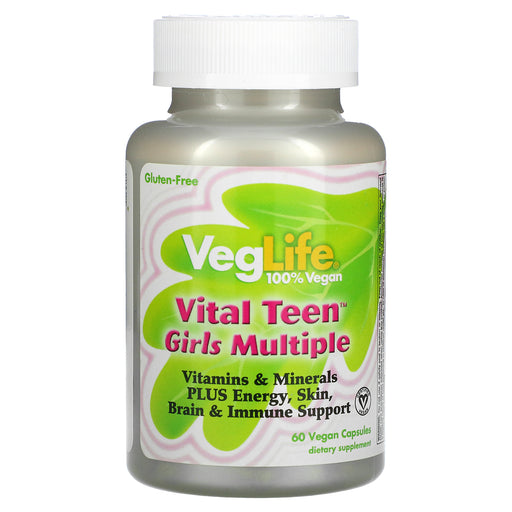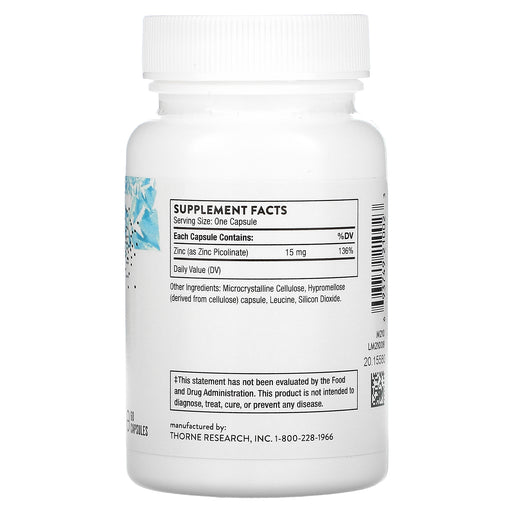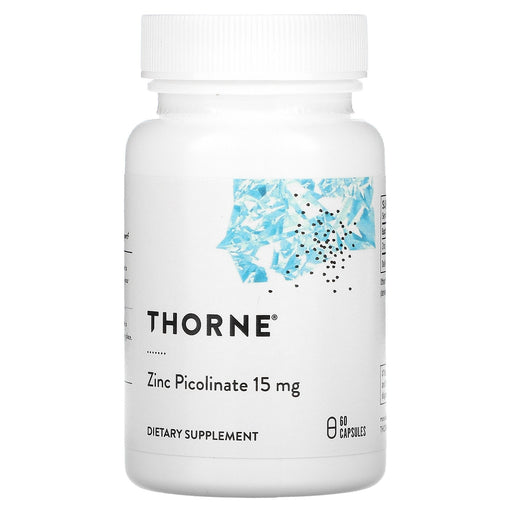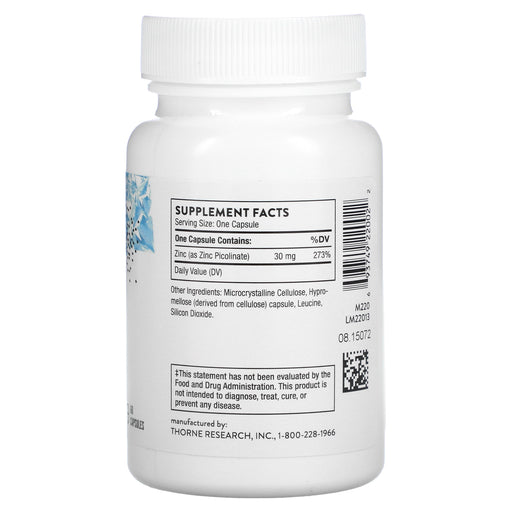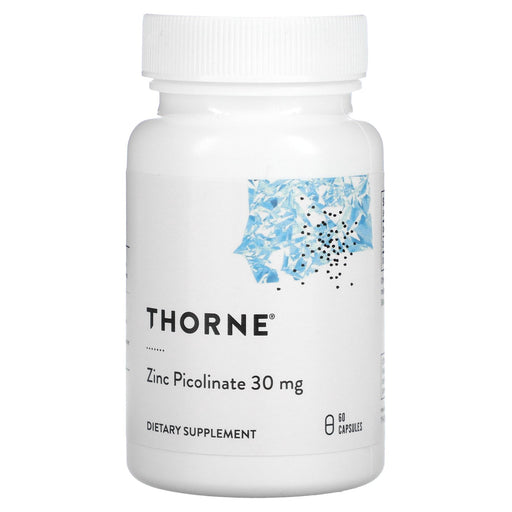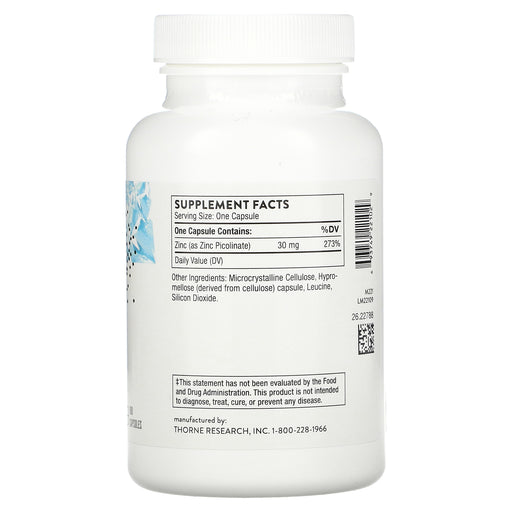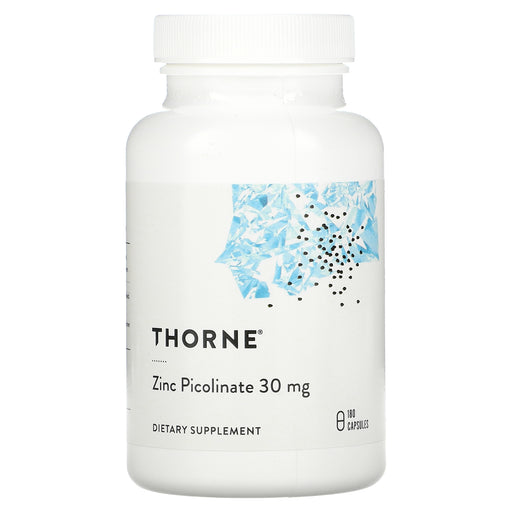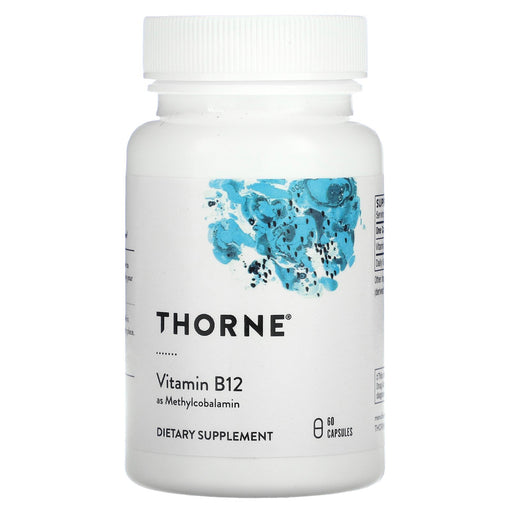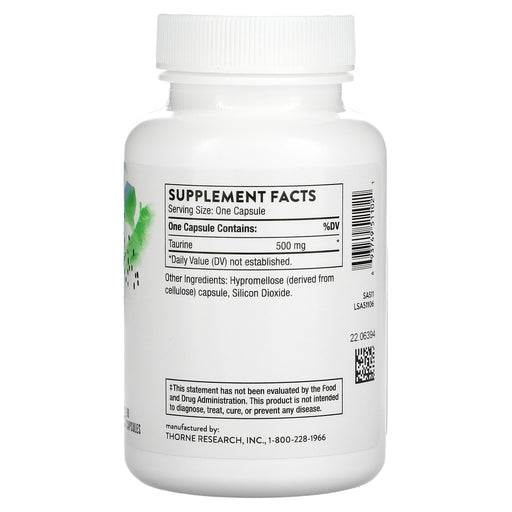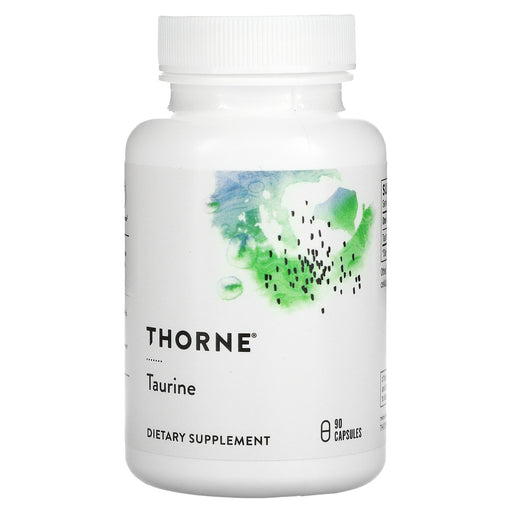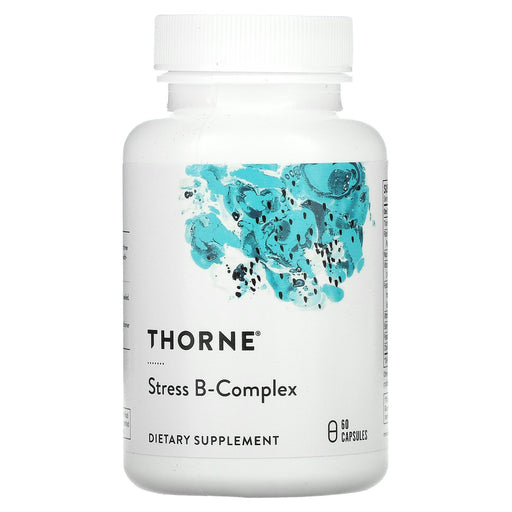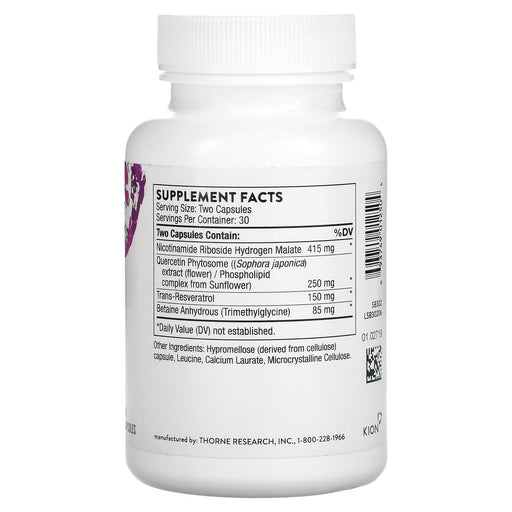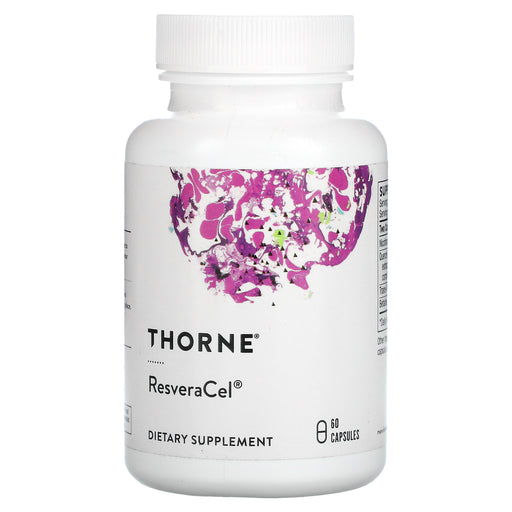
Elevate Your Health and Well-Being with Targeted Supplement Support
Supplements are a powerful tool for supporting optimal health, filling nutritional gaps, and promoting overall well-being. By incorporating a tailored selection of high-quality supplements into your daily routine, you can provide your body with the essential vitamins, minerals, antioxidants, and other beneficial compounds it needs to function at its best.
The Benefits of Targeted Supplementation
While a balanced, nutrient-dense diet is the foundation of good health, many individuals may benefit from targeted supplementation to address specific health concerns, support key bodily functions, and promote optimal wellness. Some of the key benefits of incorporating supplements into your health regimen include:
- Filling Nutritional Gaps: Even the most well-rounded diets can fall short on certain essential nutrients. Supplements can help bridge these gaps, ensuring your body receives the vitamins and minerals it needs to thrive.
- Supporting Specific Health Goals: Targeted supplements can help support specific aspects of health, such as immune function, cardiovascular health, cognitive performance, or digestive wellness, depending on your individual needs and goals.
- Enhancing Nutrient Absorption: Some supplements are formulated with ingredients that enhance the absorption and bioavailability of key nutrients, such as black pepper extract (piperine) or fat-soluble carriers, ensuring your body can effectively utilize the vitamins and minerals you consume.
- Providing Concentrated Doses: Supplements can deliver concentrated doses of specific nutrients that may be difficult to obtain through diet alone, such as high-potency vitamin C, omega-3 fatty acids, or therapeutic doses of herbs like turmeric or ashwagandha.
- Convenience and Consistency: Incorporating supplements into your daily routine offers a convenient and consistent way to support your nutritional needs, even when life gets busy or your diet is less than perfect.
Key Supplement Categories and Nutrients
There are numerous categories of supplements available, each designed to target specific aspects of health and wellness. Some of the most important supplement categories and their associated key nutrients include:
- Multivitamins and Minerals: Comprehensive formulas that provide a broad spectrum of essential vitamins and minerals, such as vitamin A, vitamin C, vitamin D, B complex vitamins, calcium, magnesium, and zinc, to support overall health and fill potential nutrient gaps.
- Omega-3 Fatty Acids: Essential fats, primarily EPA and DHA, that support cardiovascular health, brain function, joint mobility, and inflammation management.
- Probiotics and Digestive Enzymes: Beneficial bacteria and digestive aids that support gut health, immune function, and nutrient absorption.
- Antioxidants: Compounds like vitamin C, vitamin E, coenzyme Q10, and plant-based antioxidants like resveratrol and green tea extract, which help protect cells from oxidative stress and support healthy aging.
- Herbal Supplements: Natural plant extracts, such as turmeric, ashwagandha, ginkgo biloba, and echinacea, that offer targeted support for various aspects of health, including inflammation management, stress resilience, cognitive function, and immune support.
Choosing the Right Supplements for Your Needs
When selecting supplements to support your health goals, consider the following factors to ensure you choose high-quality products that align with your individual needs:
- Quality and Purity: Opt for supplements manufactured by reputable brands, free from contaminants and artificial additives, and third-party tested for purity and potency.
- Nutrient Forms and Bioavailability: Look for supplements that use highly bioavailable forms of nutrients, such as methylated B vitamins, chelated minerals, and active vitamin forms like vitamin D.
- Targeted Formulas: Choose supplements that are tailored to your specific health concerns and goals, such as immune support, heart health, or cognitive function.
- Synergistic Ingredients: Consider supplements that combine complementary nutrients for enhanced efficacy, such as vitamin D and vitamin K for bone health, or curcumin and piperine for improved absorption.
- Professional Guidance: Consult with a healthcare practitioner, such as a registered dietitian or naturopathic doctor, to help determine which supplements are best suited to your individual needs and health status.
Maximizing the Benefits of Supplementation
To get the most out of your supplement regimen, consider the following tips:
- Take as Directed: Always follow the recommended dosage instructions on the product label, and take your supplements consistently for optimal results.
- Pair with a Balanced Diet: Remember that supplements are intended to complement, not replace, a nutrient-dense diet rich in whole foods, fruits, and vegetables.
- Stay Hydrated: Drink plenty of water throughout the day to support optimal nutrient absorption and overall health.
- Store Properly: Keep your supplements in a cool, dry place, away from direct sunlight and moisture, to maintain their potency and freshness.
- Reassess Regularly: As your health status, lifestyle, and nutritional needs change over time, be sure to periodically reassess your supplement regimen and make adjustments as needed to ensure you're getting the most targeted support for your evolving goals.
Unleash Your Body's Full Potential with Personalized Supplement Support
Whether you're looking to fill nutritional gaps, support specific aspects of health, or promote overall well-being, a carefully curated supplement regimen can be a powerful tool in your wellness arsenal. By providing your body with the essential nutrients and beneficial compounds it needs to thrive, you can unleash your full potential and achieve optimal vitality.
Witness the transformative power of targeted supplementation by exploring our comprehensive selection of high-quality supplements, including key vitamins, minerals, antioxidants, and herbal extracts. With a focus on purity, bioavailability, and personalized support, Health Orchard is your trusted partner on the journey to enhanced health and well-being.
Frequently Asked Questions about Supplements
1. What do supplements do?
Supplements are designed to provide additional nutrients, vitamins, minerals, or other compounds that may be lacking in a person's diet or are needed in higher amounts for specific health purposes. They can help fill nutritional gaps, support overall health and well-being, and may provide targeted benefits for specific health concerns. However, supplements should not be used as a replacement for a balanced diet and healthy lifestyle, and it is essential to consult with a healthcare professional before starting any supplement regimen to ensure safety and appropriateness for individual needs.
2. What are the three types of supplements?
Three common types of supplements include:
- Vitamins: Essential nutrients that support various bodily functions, such as immune health, energy production, and bone health (e.g., vitamin C, vitamin D, and B vitamins)
- Minerals: Inorganic substances that play crucial roles in body processes, such as muscle function, nerve signaling, and hydration (e.g., calcium, magnesium, iron)
- Herbal supplements: Plant-based products that may offer health benefits due to their unique compounds (e.g., echinacea for immune support, ginkgo biloba for cognitive function, St. John's wort for mood support)
3. What supplements should you actually take?
The supplements an individual should take depend on various factors, such as age, gender, diet, health status, and specific health goals. Some commonly recommended supplements include:
- Vitamin D: Important for bone health, immune function, and mood regulation, especially for those with limited sun exposure
- Omega-3 fatty acids: Support heart, brain, and eye health and may help reduce inflammation
- Probiotics: Promote digestive health and support immune function
- Calcium and magnesium: Essential for bone health, muscle function, and nerve signaling
However, it is crucial to consult with a healthcare professional to determine which supplements are appropriate for your individual needs and to ensure they do not interact with any medications you may be taking.
4. What are the benefits of taking food supplements?
Food supplements can provide several benefits, depending on the specific nutrients they contain and the individual's health needs. Some potential benefits include:
- Filling nutritional gaps: Supplements can help ensure adequate intake of essential nutrients that may be lacking in the diet
- Supporting overall health: Certain supplements may help support immune function, cognitive health, digestive health, and more
- Promoting specific health goals: Some supplements may be used to support specific health concerns, such as joint health, heart health, or energy levels
- Convenience: Supplements can be a convenient way to obtain nutrients, especially for those with busy lifestyles or dietary restrictions
5. What happens if you eat supplements every day?
The effects of taking supplements every day can vary depending on the specific supplements taken, their dosages, and the individual's health status. In some cases, daily supplement use may provide benefits, such as ensuring adequate nutrient intake or supporting specific health goals. However, there are also potential risks associated with daily supplement use, such as:
- Nutrient imbalances: Taking too much of certain nutrients can lead to imbalances or even toxicity
- Interactions with medications: Some supplements may interact with prescription medications, altering their effectiveness or causing adverse effects
- Masking underlying health issues: Relying on supplements may delay seeking appropriate medical care for underlying health concerns
- False sense of security: Some people may use supplements as a substitute for a healthy diet and lifestyle, which can lead to suboptimal health outcomes
6. What are the side effects of taking supplements?
The side effects of taking supplements can vary depending on the specific supplement, dosage, and individual health factors. Some potential side effects may include:
- Gastrointestinal issues: Some supplements may cause digestive discomfort, such as nausea, bloating, or diarrhea
- Allergic reactions: Certain supplements may trigger allergic reactions in some individuals, causing symptoms like itching, rash, or difficulty breathing
- Interactions with medications: Supplements can interact with prescription medications, altering their effectiveness or causing adverse effects
- Nutrient imbalances: Taking excessive amounts of certain nutrients can lead to imbalances or toxicity
- Headaches or dizziness: Some supplements, particularly those containing stimulants or affecting blood flow, may cause headaches or dizziness
7. Is it OK to take vitamin supplements every day?
Whether it is appropriate to take vitamin supplements every day depends on various factors, such as the specific vitamin, dosage, and individual health needs. In some cases, daily vitamin supplementation may be recommended to address deficiencies or support specific health goals. For example, many healthcare professionals recommend daily vitamin D supplementation for individuals with limited sun exposure or those at risk for deficiency.
8. Is it OK to take supplements all the time?
Taking supplements all the time may not be necessary or advisable for everyone. While supplements can help fill nutritional gaps and support specific health goals, they should not be used as a substitute for a balanced diet and healthy lifestyle. Over-reliance on supplements may lead to several potential issues, such as:
- Nutrient imbalances: Taking excessive amounts of certain nutrients can lead to imbalances or toxicity
- Interactions with medications: Some supplements may interact with prescription medications, altering their effectiveness or causing adverse effects
- Masking underlying health issues: Relying on supplements may delay seeking appropriate medical care for underlying health concerns
- Financial burden: Continuously purchasing supplements can become expensive over time
It is essential to consult with a healthcare professional to determine if long-term supplement use is appropriate for your individual needs and to ensure you are taking safe and effective dosages.
9. How many times a week should you take supplements?
The frequency of supplement use can vary depending on the specific supplement, individual health needs, and the recommendations of a healthcare professional. Some supplements may be recommended for daily use, while others may be advised for use only a few times per week or as needed. For example:
- Daily: Vitamins and minerals that are commonly deficient in the diet, such as vitamin D, may be recommended for daily use
- Several times per week: Some supplements, like omega-3 fatty acids or probiotics, may be recommended for use several times per week to support overall health
- As needed: Certain supplements, such as digestive enzymes or herbal remedies for specific concerns, may be recommended for use as needed rather than on a regular basis
If you have any questions or concerns about how often to take a particular supplement, it is best to consult with a qualified healthcare provider.


